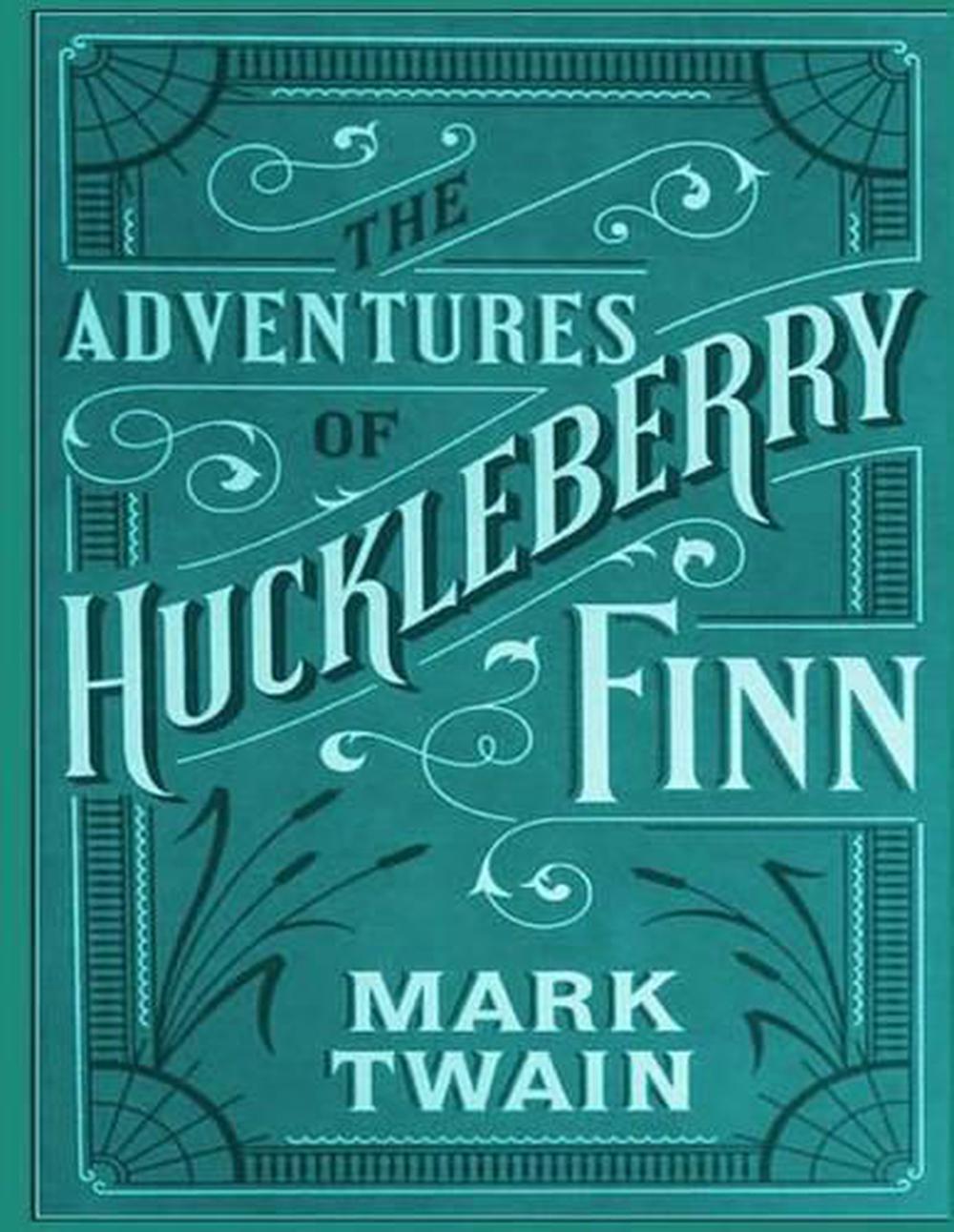

However, the mentioned situation already made Huckleberry Finn doubt in his consciousness and principles, which the society considered correct, the author forced him to face the specified dilemma once again. Therefore, in the novel, morals came from what society believed correct, while the protagonist obtained his mental growth through learning to judge and decide independently. This dilemma was between the right choice from the perspective of the culture and Hucks consciousness, which tended to let the slave escape. Before the slaves ultimate liberation, Huck began to blame himself in the action, which was considered as a crime in this society (Twain 94). He participated in Jims escaping from Miss Watson.


The culture of the society clearly outlined the attitude toward this issue, and Huck was under its influence. During the time, the novella describes, the phenomenon of racism was widespread, and Afro-Americans served people with white skin as slaves. The first complicated dilemma Huck Finn met during his journey on a boat with Jim, the slave, to Cairo. Therefore, Huckleberry Finn was intentionally put in front of a variety of choices and situations, from which he obtained his morality. Mark Twain displays to readers that the only possible way to become adult in the matter of morality is to experience complicated dilemmas, which would shape an individuals vision. From this point, the Hucks process of mental growing began. This part of the story shows, how little Huck knew about morality, despite being a young boy, as he would merely sacrifice Miss Watson, under the Sawyers influence (Twain 8). Huck was in the Miss Watson’s care, and in order to be accepted to the band, he offered her to be the guarantee of his loyalty. According to it, the perpetrator of its provisions would have himself and one of his family killed. Tom Sawyer, the Hucks comrade, engaged him to participate in a band, where the main requirement was to sign the violent oath (Twain 7). From the beginning of the novel, Huckleberry Finn was revealed as a boy from the streets, who knew a little about adult choices and morality. In opposite, the story line is built around the constant process of growing through complicated decisions and moral dilemmas. Mark Twain does not show readers an idealized hero, who encourages people to make right choices and fight for justice.


 0 kommentar(er)
0 kommentar(er)
